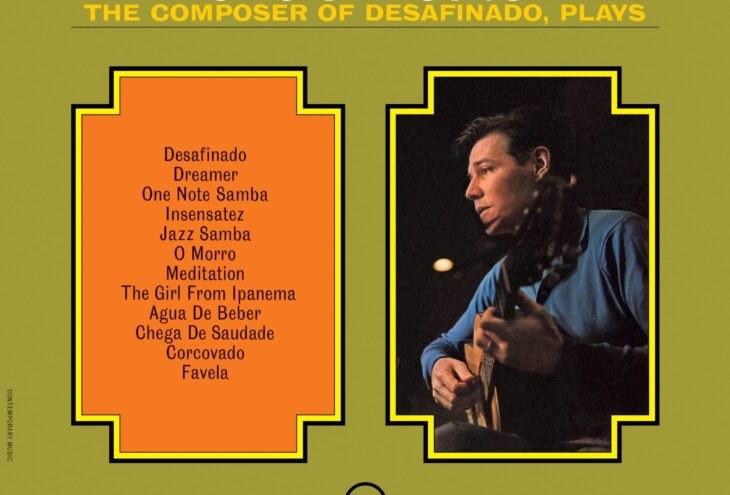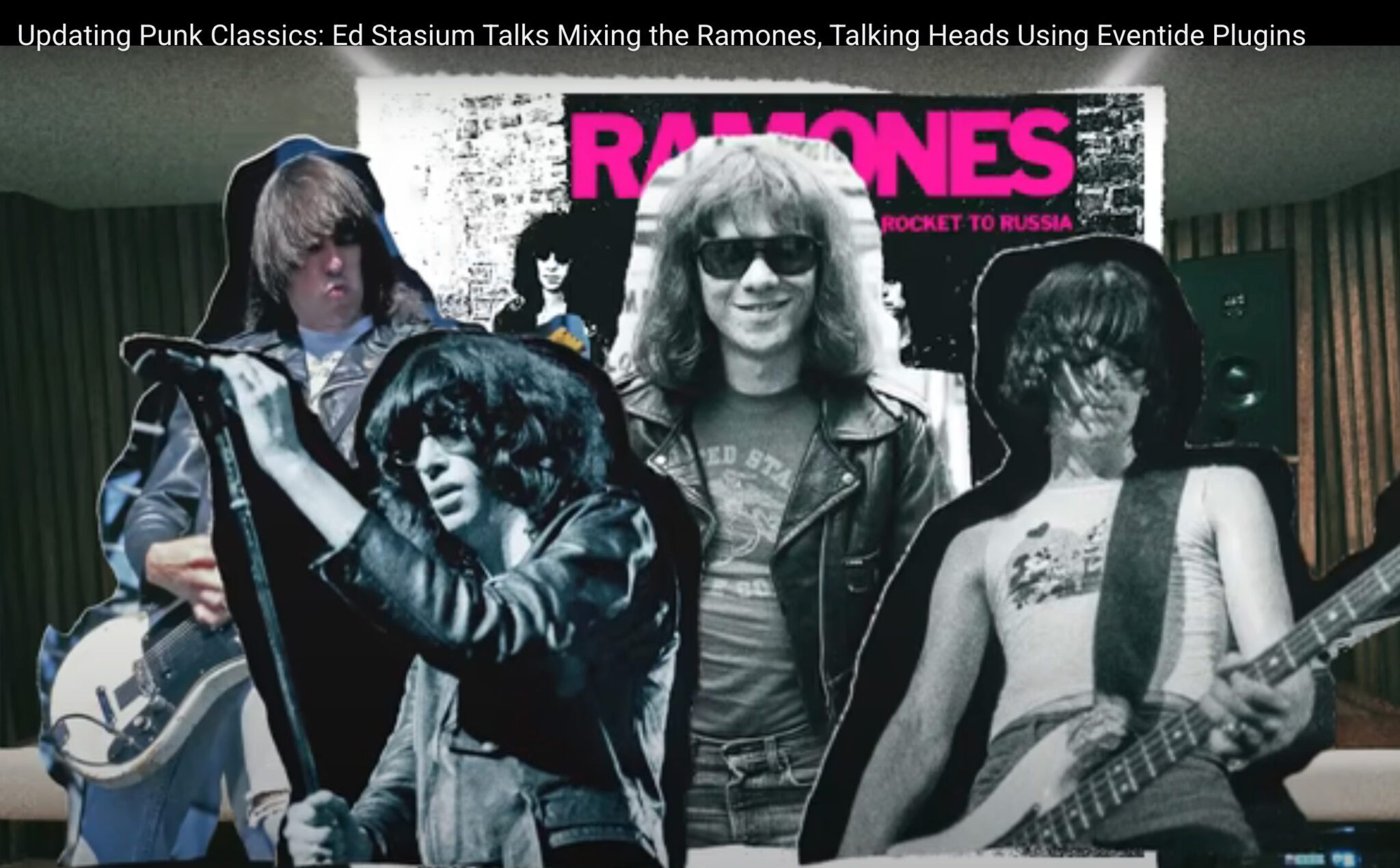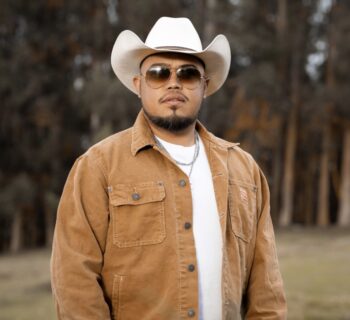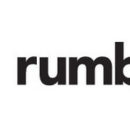Verve Label Group and UMe, the global catalog division of Universal Music Group, are proud to announce Verve Vault, a new audiophile vinyl reissue series highlighting jazz albums as well as overlooked gems from Verve’s vast catalog. The series will offer definitive, all-analog 180-gram vinyl pressings newly-mastered from the original analog master tapes by Ryan K. Smith at Sterling Sound and pressed at Optimal in Germany. Each release will combine exceptional audio fidelity with meticulous attention to detail — from mastering to jacket reproduction. The LPs will be packaged in high-quality tip-on gatefold jackets, replicating the original packaging.
Verve Vault will offer two releases a month from Verve Label Group’s venerated stable of labels, including Verve, Impulse!, Mercury, Decca and others. The series will launch on October 10 with two of the most requested titles in Verve’s catalog: Dizzy Gillespie’s 1959 album, Sonny Side Up, which sees the jazz legend team up with fellow titans Sonny Stitt and Sonny Rollins for a triple tour de force, and Antonio Carlos Jobim’s 1963 debut album, the instrumental bossa nova classic, The Composer Of Desafinado Plays.
Verve Vault’s inaugural slate of release includes legendary albums from the likes of Archie Shepp, Blossom Dearie, Dinah Washington, Gábor Szabó, Jimmy Smith and Wes Montgomery, Max Roach, Pharoah Sanders and Stan Getz. See the full schedule and descriptions for each below.
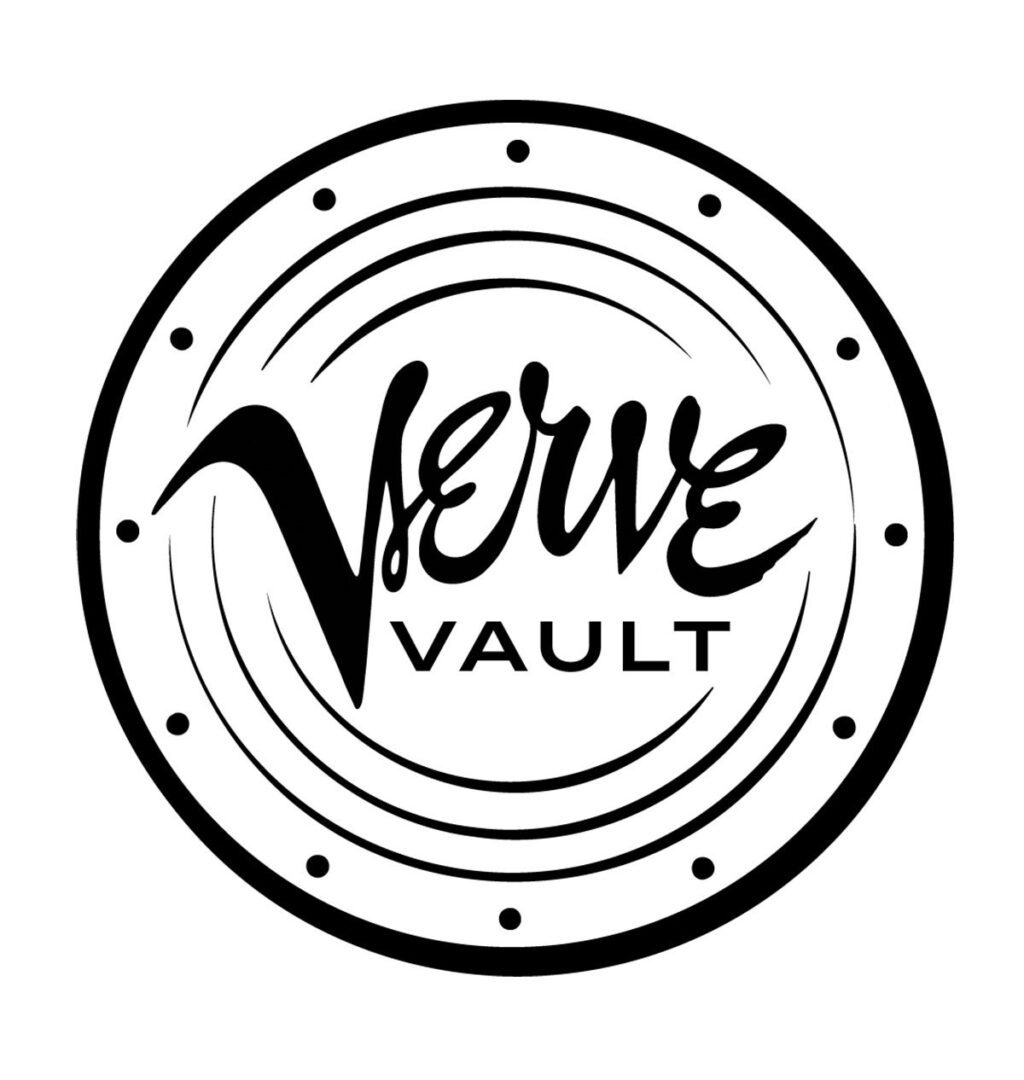
"With the success and popularity of our various vinyl reissue series, we continually receive requests for even more well-curated lines of the best titles from Verve, Impulse, Mercury, and other select catalogs we look after and so our team is thrilled to be rolling out the Verve Vault series," said Jamie Krents, President & CEO of Verve Label Group. "We’ve spared no time or expense in making sure the audio quality and packaging live up to the brilliant music these titles contain and we are proud to bring this new series to jazz fans new and old."
"We are excited to launch this new series to celebrate Verve’s extraordinary catalog and to offer definitive audiophile-grade pressings of some of the best and most influential jazz albums in history,” said Bruce Resnikoff, President & CEO of UMe. “Like many of our other vinyl series, these records will be of the utmost quality and sourced from the original analog tapes to offer an unparalleled listening experience."
VERVE VAULT 2025/2026 SCHEDULE
October 10, 2025
• Dizzy Gillespie – Sonny Side Up (1959)
• Antonio Carlos Jobim – The Composer of Desafinado Plays (1963)
November 14, 2025
• Stan Getz – Focus (1961)
• Jimmy Smith and Wes Montgomery – Jimmy & Wes (The Dynamic Duo) (1966)
December 12, 2025
• Max Roach – Percussion Bitter Sweet (1961)
• Archie Shepp – Four for Trane (1964)
January 9, 2026
• Dinah Washington – What a Diff’rence a Day Makes (1959)
• Blossom Dearie – Give Him The Ooh-La La (1958)
February 13, 2026
• Sonny Rollins – Brass/Trio (1958)
• Stan Getz and the Oscar Peterson Trio - Stan Getz and the Oscar Peterson Trio (1958)
March 13, 2026
• Gábor Szabó – Spellbinder (1966)
• Pharoah Sanders – Elevation (1974)
In jazz circles, few names command more respect than Norman Granz. Although he wasn't a musician, Granz (1918-2001) was as responsible as any individual for popularizing jazz and promoting the careers of many of the genre's greatest artists.
Granz's incredible half-century career first took off with his creation of the groundbreaking Jazz at the Philharmonic concert series. But Granz was equally influential for the series of record labels that he launched in the 1940s and 1950s: Clef, Norgran and Verve.
Those companies became home to many of jazz's most important and influential artists. And, unlike many of his contemporaries, Granz combined his love for the music with a passion for social justice, championing African-American musicians at a time when those musicians were often exploited and disrespected.
In 2022, in honor of the hundredth anniversary of Granz's birth, Verve/UMe assembled The Founder, a four-CD/digital box set celebrating his remarkable life and career. The historic package featured a massive chronological assortment of music spanning Granz's remarkable career and featuring music by most of the great musicians he recorded.
Granz, a Los Angeles native, born near Central Ave., hailed from the integrated community of Boyle Heights. He graduated from Theodore Roosevelt High School, toiled as a clerk at the Los Angeles Stock Exchange, where he dealt with blatant anti-Semitism, then attended UCLA for two years, and worked as a film editor at M-G-M Studios in Culver City before devoting his life to the world of jazz.
Boyle Heights was first home of record producer Lou Adler, trumpeter/A&M Records co-founder, Herb Alpert, actor/activist George Takei, L.A. Dodger baseball great, Willie Davis, and author Gene Aguilera.
The Founder 2022 package also housed illuminating liner notes by jazz historian and Granz authority Tad Hershorn, author of the Granz biography Norman Granz: The Man Who Used Jazz for Justice.
As Hershorn writes, "The underpinnings of Granz's lifelong devotion to jazz came when, as a near-impoverished but ambitious UCLA student, he began his trek to African-American nightclubs along Central Avenue, not far from where he was born the son of Ukrainian Jewish immigrants...
"Granz hit the clubs almost nightly when musicians began welcoming him behind the scenes to observe rehearsals, after-hours clubs, and house parties. He saw them as 'marvelous crucibles,' hearing the friendly, intense competition as musicians challenged their peers and developed their styles. His early experiences led to his preference for musical blow-by-blow competition and emphasizing the emotional over intellectual qualities in jazz. Granz took it a step further when he aligned the jam session with the democratic ideal, whereby you could either stand and deliver, or you couldn't. Skin color made no difference. 'As in genuine democracy, only performance counts,' Granz told the NAACP’s magazine, The Crisis, in 1947. 'Jazz is truly the music of democratic America.'"
From a very early age, Granz had a social change vision. His subsequent lifelong journey of inclusion and parity might have stemmed from an incident as a youth where he had witnessed the racial tensions of America seeing the Ku Klux Klan parading through the streets of Long Beach.
In 1945 Granz produced his first concert at the Philharmonic Auditorium in Los Angeles. A benefit for the accused suspects in the Sleepy Lagoon murder case. Lucky Thompson, Thelonious Monk, Helen Humes, Barney Kessel, Mead Lux Lewis and others were booked. A $1,000.00 was generated for the Sleepy Lagoon Defense Committee.
Granz's parallel passions for jazz and fighting against racial discrimination was reflected in the ambitious artist lineups he assembled for his Jazz at the Philharmonic concerts, many of which are featured on The Founder.
These shows were almost single-handedly responsible for moving jazz from smoky clubs to prestigious theaters and, in the process, introduced jazz improvisation to new and receptive audiences. The series also helped to break down many of the era's social barriers, showcasing a racially-mixed assortment of musicians and singers from a variety of musical backgrounds.
The four CDs that comprise The Founder encompass some of the most significant jazz music recorded in the 20th century, beginning with Granz's founding of the Clef label in 1942 and culminating in his retirement and departure from Verve Records (which he'd launched four years earlier) in 1960.
Norman Granz and his vast achievements made a monumental impact, not just in the world of jazz, but on global music culture. Granz’s catalog and concert productions made a big impact on many Southern California jazz musicians of the late fifties and sixties, including flautist Buddy Collette, drummer Jim Keltner and bassist Albert Stinson.
It's hard to imagine a more appropriate tribute to Norman Granz's visionary genius than this inspiring musical testament, 2022’s The Founder.
Multi-instrumentalist and Willapa band member, David Kessel, CEO of CaveHollywood.com knew Norman Granz and offers some reflections on the man and the music he produced and championed on the 100th anniversary of Granz’s birth
“My dad Barney Kessel headed A&R for Norman Granz's Verve label from 1956-1960, discovered Ricky Nelson and produced his debut hit record. Barney and Norman remained friends until 1990.
"Norman and my dad were foodies. They enjoyed top line restaurants like Pacific Dining Car in L.A. Hollywood’s Musso & Frank Grill as well as the restaurants in Beverly Hills.
"One afternoon, Norman and Barney were driving, and there was a Verve office person in the back of Norman’s car. They were discussing where to eat. ‘PDC or Musso?’ And then the guy in the back seat says, ‘I know where we can get a great hamburger.’ And Norman then stops his car and immediately orders the passenger out of his vehicle. ‘Never say hamburger to me again!’
“While at Verve, Norman got a phone call from a concerned record distributor around 1956 who made serious overtures and directive that Verve was going to be dropped unless he got some of this new rock ‘n’ roll at the label. ‘Get rock ‘n’ roll Barney!’
"As for Verve and the family atmosphere that existed at the label, and how close Norman’s artists were with my father, I remember a very late 1950’s or early sixties jam session at our family home in Van Nuys, California. [Pianist] Oscar Peterson was over for dinner with [bassist] Ray Brown.
“After the food went down, Barney picked up a guitar, Oscar went to the piano, and Ray picked up his bass. They started cookin’ in the living room and then Barney comically proclaimed afterwards, ‘that jam session was better than sex!’ The reason we have Jazz the way it is today is because of Norman Granz.
“His vision and guidance for the Verve artists as well as his pioneering civil rights activism on their behalf. In Jazz there is no color. You can be from Mars or have green skin, and if you can play with the cats, you can sit in. Watching and learning the history of Verve from the forties onward, his Jazz at the Philharmonic concerts, the management of Ella Fitzgerald and other greats was really inspiring.
“I did a video tape interview with Oscar Peterson about ten years ago, just before he died. It was in Seattle, Washington at Jazz Alley. Oscar told me a story about Art Tatum and a recording session. In 1955 or in ’56. Norman is producing the date, and in a rare moment during the take the tape runs out in the middle of the tune. Norman says over the speakers, ‘Art, I’m really sorry. I let the tape roll out on you before it ended.’ And Art says, ‘put on a new reel and I’ll pick it up where I left off.’ And just before the machine starts up again, Norman says to Art, ‘what is that thing in your ear?’ And Art replied, ‘It’s the ear piece of my new transistor radio. I’m listening to the Ram’s football game.’
“My favorite Norman Granz story is when someone from the NARAS (Grammy) organization inquired about him receiving a Lifetime Achievement award or some label kudo.
“Granz replied, ‘Don’t you think you people are a little late?’”
“Jazz’s historical gatekeepers tend to get a bad rap in today’s culture, and some of them deserve it,” suggests author and music journalist Richard Williams. “But Norman Granz was one of the good guys. The Jazz at the Philharmonic tours of the US, Europe and Japan brought a host of new listeners to the music in the pre-festival era, their programmes mixing genres but never compromising the music’s integrity.
“His record labels — Clef, Morgan, Verve, Pablo — were directed by the same sensibility. And where would we be without those eleven LPs of Art Tatum piano solos, a dozen tracks of Charlie Parker flying with Machito’s orchestra, or Ella Fitzgerald’s series of peerless Songbook albums?”
“In addition to his musical contributions to jazz through his labels and concerts, Norman Granz was a powerful civil rights activist,” underscores musician/writer Michael Simmons. “He desegregated jam sessions, bands and audiences and paid equal wages for equal work, no matter the race of the musicians. There was a time in this country — not that long ago — when these were revolutionary achievements."
“When Norman Granz began promoting jazz in 1944, it was radically new, outsider music being made in a few American cities,” adds music journalist and jazz historian, Kirk Silsbee. “When he sold his last label, Pablo, in 1987, jazz was a comfortable part of the international cultural landscape. Hence, his career epitomizes the whole story arc of jazz and, by extension, of every kind of “outsider” cultural form that has intrinsic staying power and the luck to attract sharp, realistic enthusiasts like Granz.
“To say that Granz “commercialized” jazz (Bird with Strings, the Ella Fitzgerald Songbook albums, etc.) is to describe his assimilative process only negatively; looked at from another viewpoint, Granz helped jazz ‘get over’ to a much wider public, thereby assuring not just its survival but its longevity. I remember when Verve was considered the old-fashioned jazz label (Basie, Oscar) and Impulse was the hip one (Coltrane, Ayler); they are both owned by Ume now, and that balance also reflects Granz’s contribution. He would put Lester Young in the same jam with Sonny Stitt, or Bird with Johnny Hodges. He ignored stylistic differences for the same reason he ignored race. To him, it swung or it didn’t. That’s still a good rubric for jazz.”
Harvey Kubernik is the author of 20 books, including 2009’s Canyon Of Dreams: The Magic And The Music Of Laurel Canyon, 2014’s Turn Up The Radio! Rock, Pop and Roll In Los Angeles 1956-1972, 2015's Every Body Knows: Leonard Cohen, 2016's Heart of Gold Neil Young and 2017's 1967: A Complete Rock Music History of the Summer of Love. Sterling/Barnes and Noble in 2018 published Harvey and Kenneth Kubernik’s The Story Of The Band: From Big Pink To The Last Waltz. In 2021 the duo wrote Jimi Hendrix: Voodoo Child for Sterling/Barnes and Noble.
Otherworld Cottage Industries in 2020 published Harvey’s Docs That Rock, Music That Matters. His Screen Gems: (Pop Music Documentaries and Rock ‘n’ Roll TV Scenes) is scheduled for 2025 publication.
Harvey wrote the liner notes to CD re-releases of Carole King’s Tapestry, The Essential Carole King, Allen Ginsberg’s Kaddish, Elvis Presley The ’68 Comeback Special, The Ramones’ End of the Century and Big Brother & the Holding Company Captured Live at The Monterey International Pop Festival.
During 2006 Kubernik appeared at the special hearings by The Library of Congress in Hollywood, California, discussing archiving practices and audiotape preservation. In 2017 he lectured at the Rock and Roll Hall of Fame in Cleveland, Ohio, in their Distinguished Speakers Series. Amidst 2023, Harvey spoke at The Grammy Museum in Los Angeles discussing director Martin Scorsese's The Last Waltz music documentary.
Kubernik was interviewed for a August 2025 documentary, The Sound of Protest now being broadcast on the TVOD Apple TV broadcasting service. https://tv.apple.com › us › movie › the-sound-of-protest. Director Siobhan Logue’s endeavor features Smokey Robinson, Hozier, Skin (Skunk Anansie), Two-Tone's Jerry Dammers, Angélique Kidjo, Nina Simone, Holly Johnson, David McAlmont, Rhiannon Giddens, and more.
Harvey is also an interview subject with Iggy Pop, Bruce Johnston, Johnny Echols, the Bangles' Susanna Hoffs and Victoria Peterson, and the founding members of the Seeds in director Neil Norman’s documentary The Seeds - The Seeds: Pushin' Too Hard This November 2025, a DVD with bonus footage is scheduled for release via the GNP Crescendo Company.
The New York City Department of Education is scheduled to publish in 2025 the social studies textbook Hidden Voices: Jewish Americans in United States History. Kubernik’s 1976 interview with music promoter Bill Graham on the Best Classic Bands website Bill Graham Interview on the Rock ’n’ Roll Revolution, 1976, is included).

